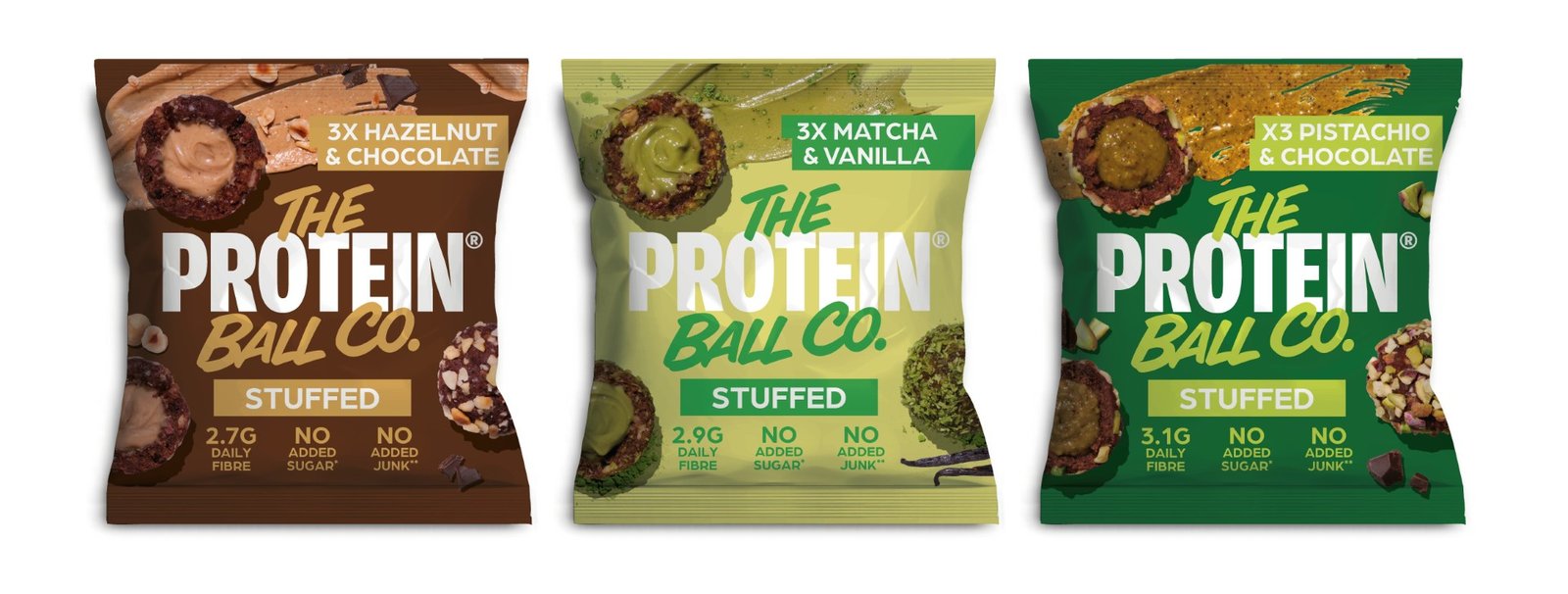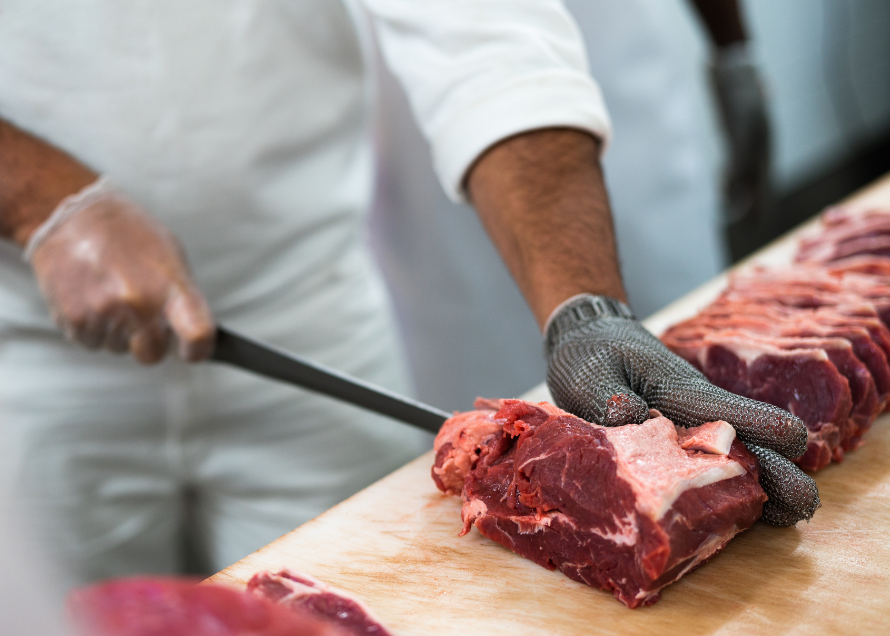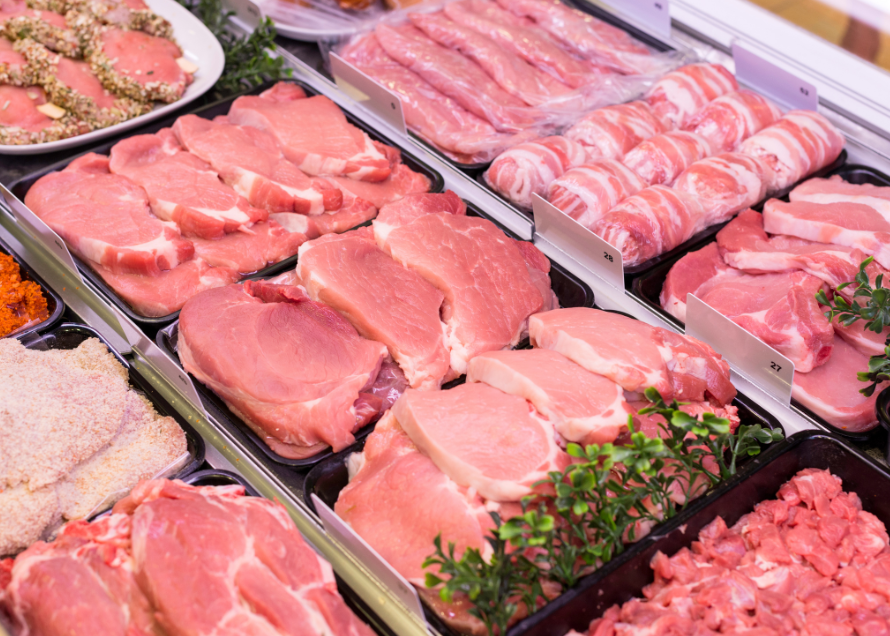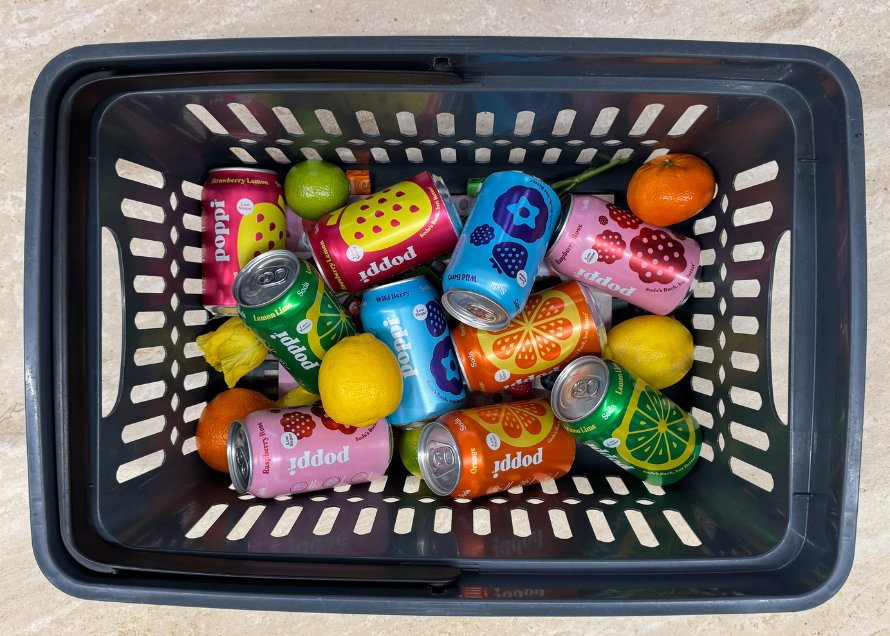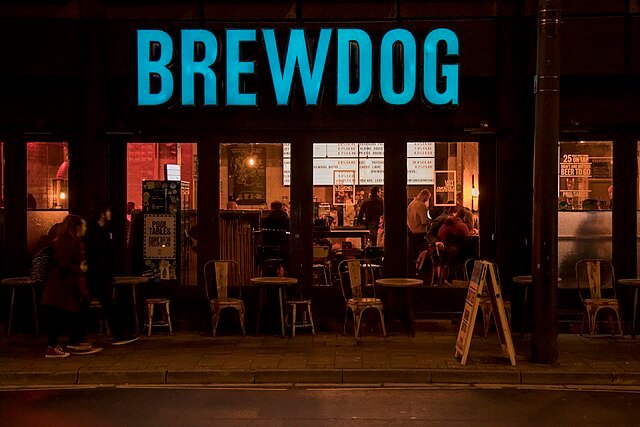The Food and Drink Federation (FDF) has announced the next phase of its Ambition 2030 initiative, which includes aims to help halve emissions across the entire agri-food supply chain by 2030.
With food consumption accounting for over a fifth of the UK’s total carbon emissions; half of the UK’s Plastic Pacts targets not looking likely to be met; and 18% of food waste occurring during the manufacturing stage, the stakes are high when it comes to sustainability.
To help advance the sector’s progress further, FDF has now launched five new member toolkits covering each strategic pillar of the Ambition 2030 programme:
- Net Zero
- Nature Restoration
- Sustainable Commodities
- Food Waste
- Packaging
Whether they’re just at the start of taking action on one of the pillars, or have already started and are looking to push themselves further, the toolkits are designed to support businesses in taking the next steps – wherever they are in their sustainability journeys.
Each toolkit provides practical steps and guidance, including detailed insights into the current sustainability policy landscape; guidance on the latest frameworks and standards for food manufacturers; priority areas for businesses to take action; and information on FDF activities that can help members achieve their sustainability ambitions.
The toolkits also include the resources that businesses need to undertake a self-assessment to understand their current environmental impact and potential areas for improvement. Whether that’s engaging with industry initiatives to help build sustainability through their supply chains, promoting regenerative farming, or standardising carbon reporting.
The toolkits follow the launch last October of Ambition 2030, which is the flagship sustainability strategy for UK food and drink manufacturing setting out the sector’s role in tackling climate change. The strategy outlines how each business can make its contribution towards a more sustainable future for the sector, as well as setting out a vision for collaboration between manufacturers and policy makers, and across the food supply chain.
Emma Piercy, Head of Climate Change and Energy Policy, The Food and Drink Federation, said:
“Achieving our sector’s ambitious net zero and nature targets will take proactivity and collaboration, with each business recognising the part they have to play in tackling critical climate issues. We recognise that the sustainability policy landscape is complex, and that food and drink manufacturers will all be at different stages in their sustainability journeys. That’s why we’ve created these new Ambition 2030 toolkits, giving businesses the support and guidance they need to contribute to our collective action on climate progress towards their sustainability goals.”
You Might Also Like:
No related posts.
Across the food and drink manufacturing sector, businesses have already risen to the challenge. For example, 75% of the grid electricity used to manufacture Britvic’s soft drinks in Great Britain, including brands like Fruit Shoot and Tango, comes from a 160-acre solar farm in Northamptonshire. Meanwhile, Suntory Beverage and Food GB&I has been supporting its Ribena blackcurrant growers in the conservation of habitats on their farms.
The Ambition 2030 toolkits can be accessed here.


